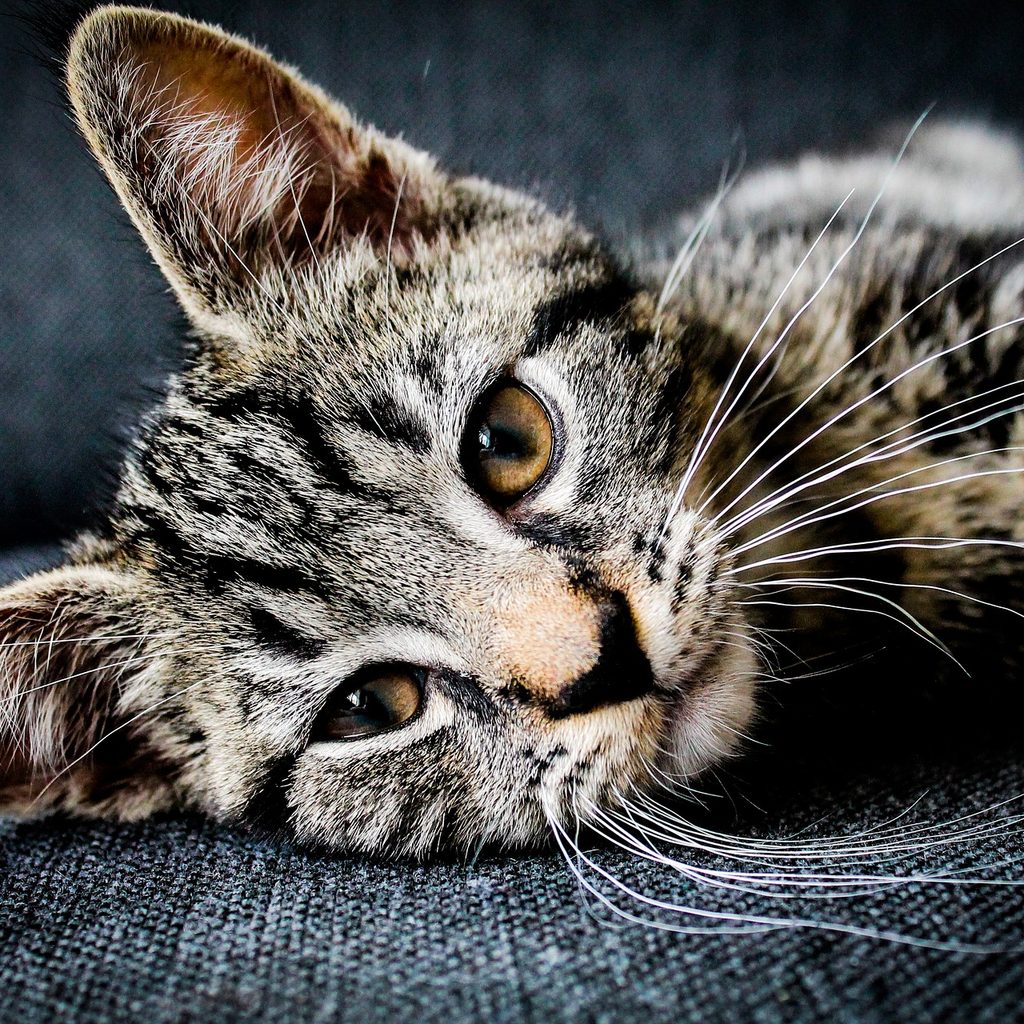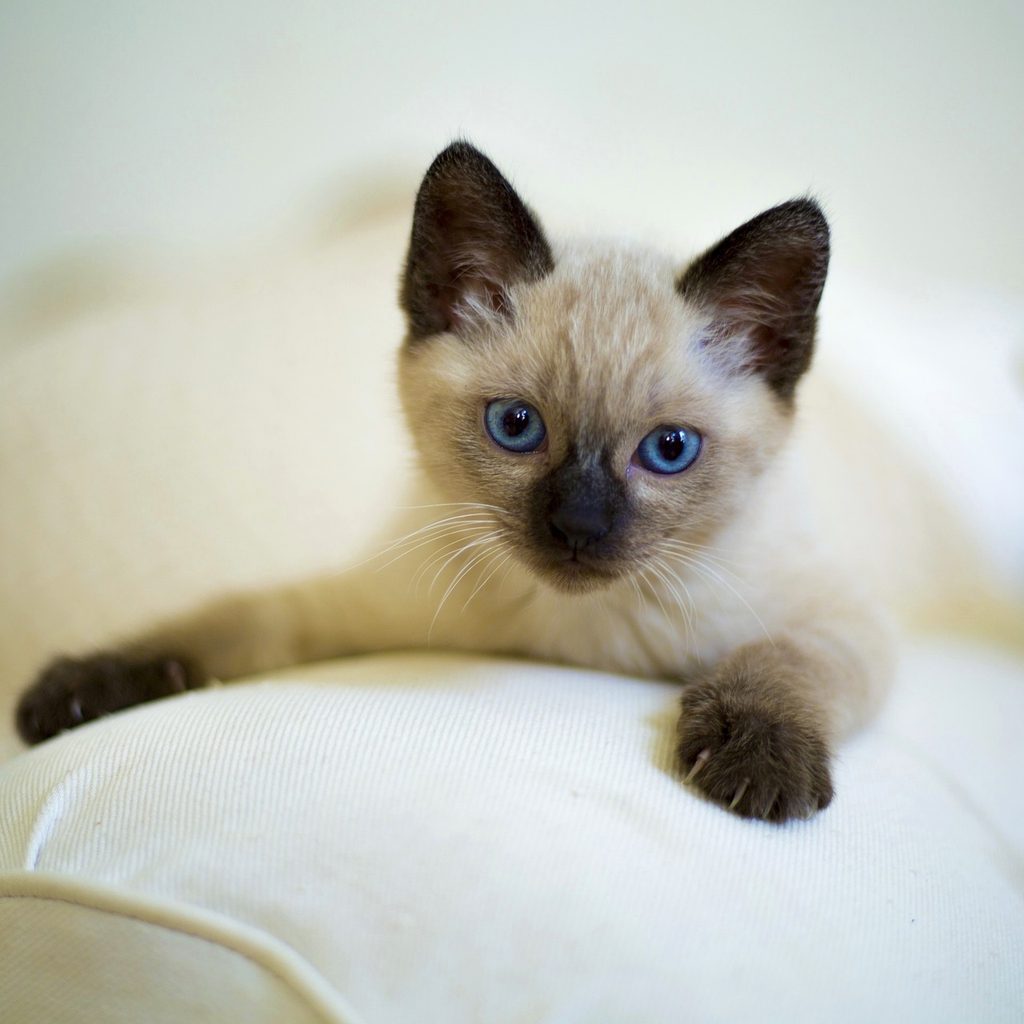If you adopt a young kitten or have a mother cat who’s raising a litter of kittens in your home, you’ll get to see how kittens grow firsthand. Kittens grow incredibly quickly; you’ll notice changes and exceptional growth just about every week. While human children are considered to be adults when they turn 18, with kittens, there isn’t such a hard and fast rule about when they become adults. However, understanding how kittens grow, which major milestones you might notice, and other factors that affect growth can help you to determine when your kitten is most likely officially an adult.
So, when do kittens stop growing? The answer is … well, complicated.

How long does it take for a kitten to grow?
According to Pet MD, kittens can grow at varying rates, depending on their breed and the individual kitten. As your kitten grows, you’ll notice some milestones, like your kitten getting his adult teeth between three and four months old, and kittens sexually maturing between months four and nine of their lives.
Kittens who are between nine and 12 months old are nearing full growth, but large breeds can take longer to mature. For example, some Maine coons might continue growing until they’re about two years old.
When are kittens full grown?
Pet MD explains that many kittens stop growing when they’re about 12 months old. Some cats have a much slower growth rate, though, and may continue to grow until around the two-year mark. In most cases, a cat who’s between 12 and 18 months old should be just about fully grown. When kittens reach two years of age, they’ll have all of their adult behaviors established too.
What month do kittens grow the most?
Kittens undergo tremendous growth in their first month of life. According to Best Friends Veterinary Center, during the first month, kittens go from being completely dependent on their mother to being relatively independent. When they’re born, they can’t see or hear and must rely on smell and touch. By the time they’re two to three weeks old, kittens start to develop the rest of their senses, and they also learn to stand, walk, and chew.
While kittens grow pretty rapidly throughout their first six months of life, you’ll see the most drastic changes during their first four weeks.

How to keep your growing kitten healthy
Your kitten will go through major changes in the first couple of years of his life, so quality nutritional support is essential to his health. It’s also important that you carefully monitor your kitten’s health as he grows to make sure he doesn’t have any physical issues that need veterinary care.
Bond Vet recommends that you feed your kitten a healthy kitten food instead of an adult food. Kitten foods are formulated to meet your growing kitten’s unique nutritional needs. You can use the feeding guidelines on the package to get an idea of how much you need to feed your kitten, but you’ll need to adjust those amounts as your kitten grows and as he nears and then reaches maturity.
It’s also important to monitor your kitten’s body weight. Your vet will do this at each kitten visit, but you can also keep an eye on these figures when you’re at home
If you notice your kitten is losing weight, it’s important to talk with your vet right away. Kittens can get sick very quickly, and their tiny bodies are easily overwhelmed. So if you notice weight loss or other symptoms of illness, call your vet immediately.
Time flies
If you’re lucky enough to have a young kitten in your home, you’ll have the chance to see them grow and develop into healthy, happy adult cats. While your kitten will spend about a year growing, that time will pass much more quickly than you think. Be sure to take lots of photos and videos to capture all of the great memories of your kitten’s early days. If you give your kitten quality care when he’s young, you’ll set him up for what will hopefully be a long life and many years that you can spend together. Be sure to work with your vet to give your kitten the nutrition and care that he needs to grow up to be a strong and healthy cat.



